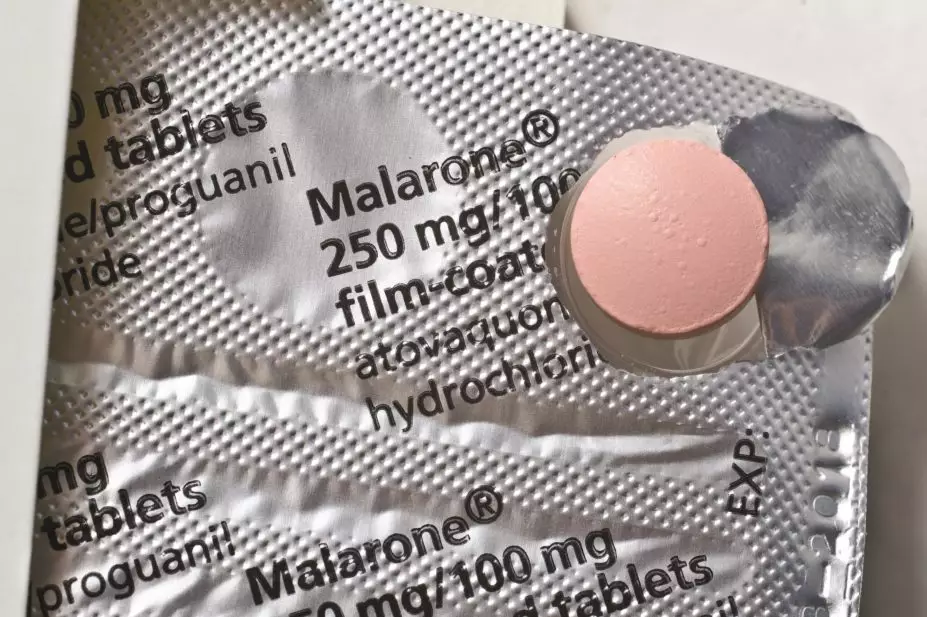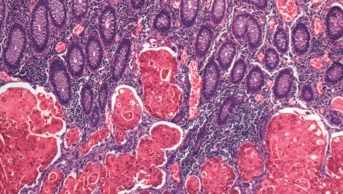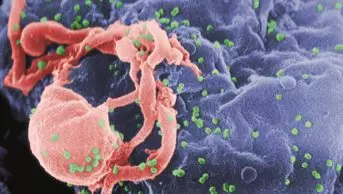
Brendan Howard / Shutterstock.com
Atovaquone, a component of the antimalarial treatment Malarone, is prone to resistance and it has been assumed that this will spread from generation-to-generation of the malaria parasite, as with other antimalarials.
To confirm if this is the case, researchers studied how mutations in the gene for cytochrome B – the atovaquone target – affect the transmission of the malaria parasite in the rodent and human forms of the disease.
They found that mutations in the gene that induced resistance to atovaquone also block the transmission of the parasite by the mosquito by impairing aerobic respiration, thereby preventing resistance being spread to subsequent generations.
Reporting their findings in Science (online, 15 April 2016)[1]
, the researchers say that atovaquone could be used more widely to treat malaria, and this will be aided by the recent availability of cheaper generic versions of the drug.
References
[1] Goodman CD, Siregar JE, Mollard V et al. Parasites resistant to the antimalarial atovaquone fail to transmit by mosquitoes. Science 2016;352:349-353. doi: 10.1126/science.aad9279


